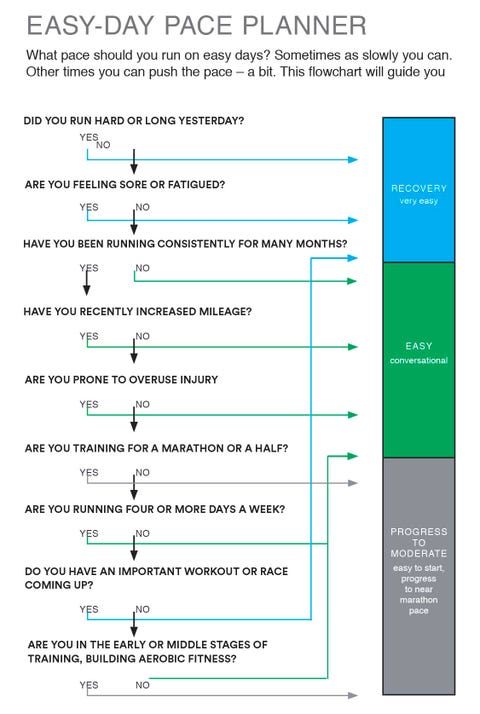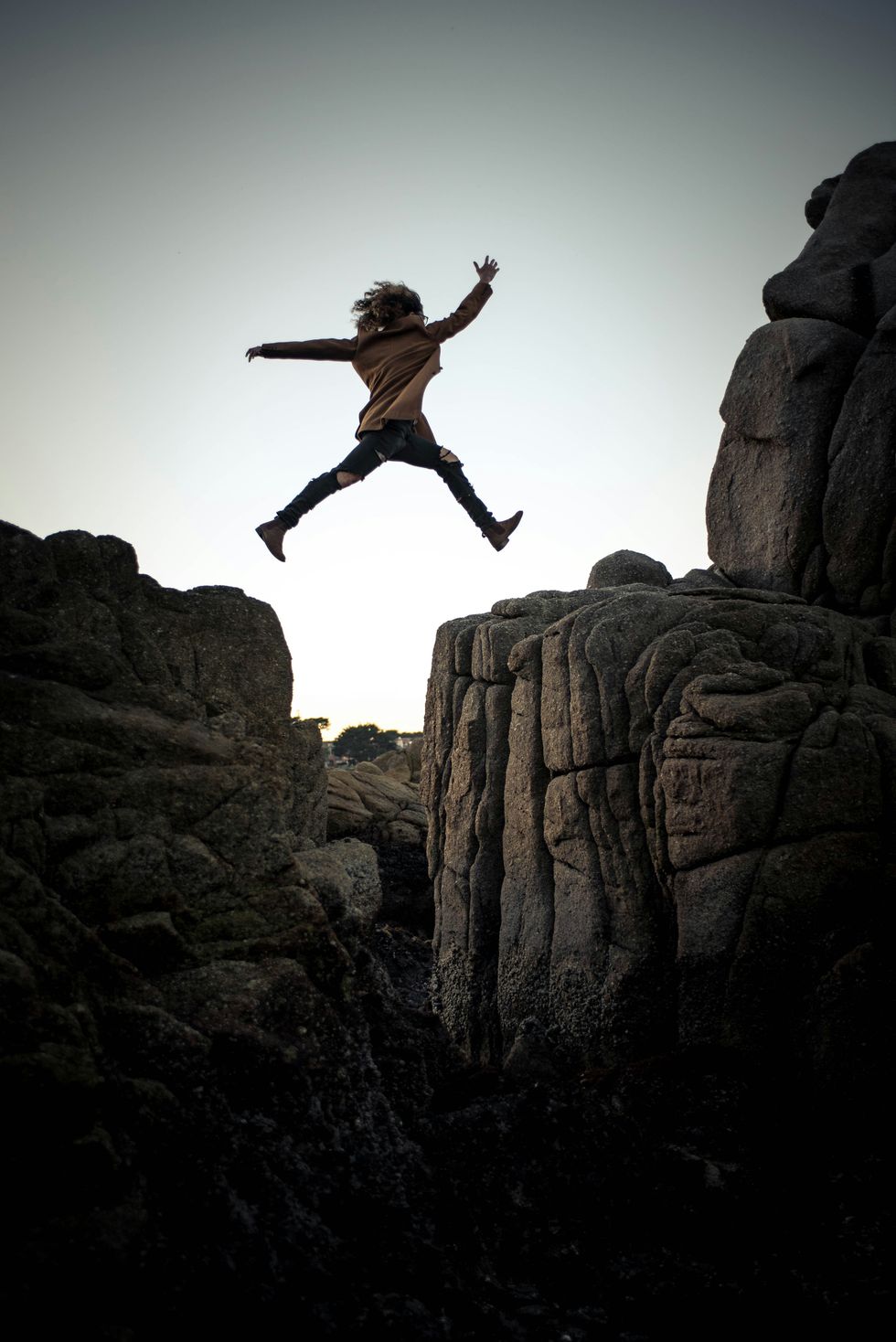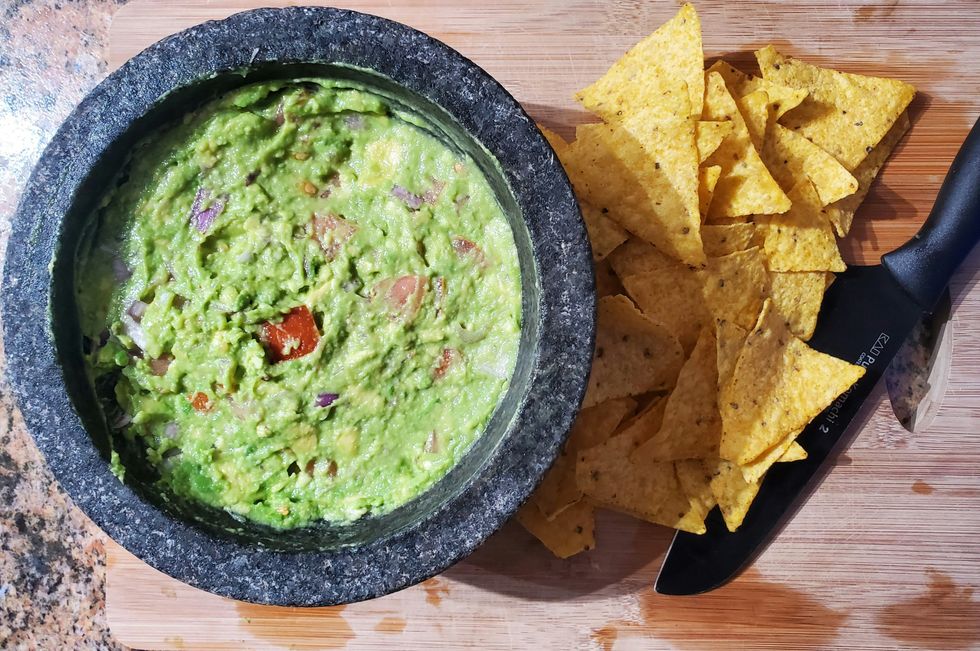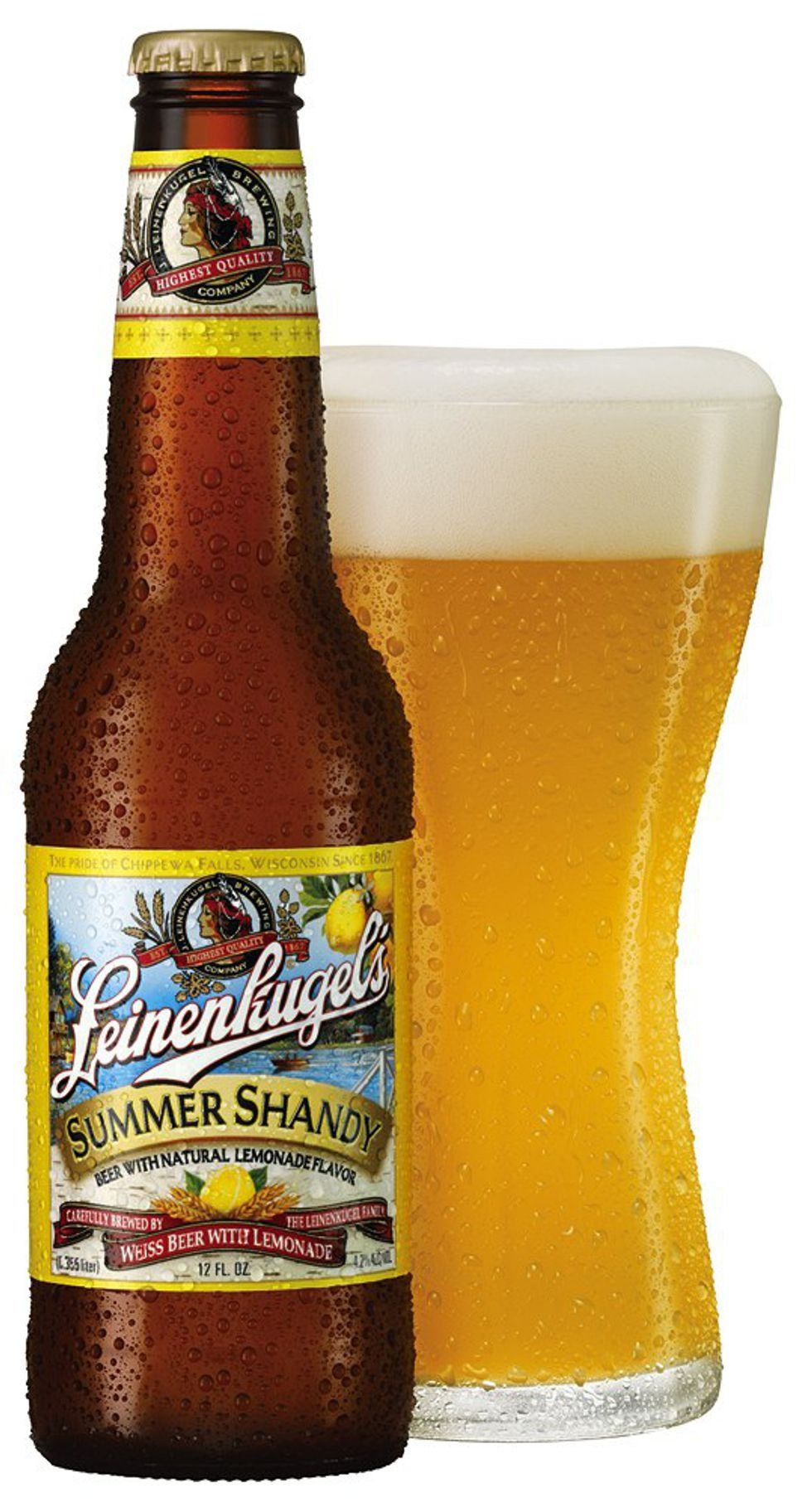In April, I will be running the Boston Marathon, the most prestigious and high-profile marathon in America. For so many runners, it is the holy grail of marathons and I look forward to an event with mythic status among runners in the country: it is the most historic marathon in the world. It celebrates Patriots' Day, the holiday that commemorates the anniversary of the Battles of Lexington and Concord. The Boston Marathon is a big reason for why the event and the marathon event itself have achieved such tremendous popularity in the country. It remains the deepest field for a marathon in the country.
In both November of last year and March of this year, I ran marathon times to qualify for the Boston Marathon, with times under three hours. I ran 2:40 in the Savannah Marathon and 2:52 in the Albany Marathon, and although I still think I have more in the tank and have goals more lofty than what I did in Savannah, the results were great for a first-time marathoner. Yes, I encountered a lot of challenges. Yes, I thought about giving up multiple times.
I frame the article in terms of qualifying for the Boston Marathon because of its prestige, and the fact that many runners and non-runners don their shoes in the rain, snow, extreme heat, and every adverse weather condition in between for the chance to qualify for it. It is the dream of so many people from all walks of life, from life-changers to established runners, a unifier of uncommon people for the common purpose of undergoing 26.2 miles of excruciating, simultaneous pain and joy.
This is the journey of how I qualified for the Boston Marathon, with advice you should take with a grain of salt, because we're all different people. At 22, a lot of things that work for me might not work for you. I was in college during the peak of my training, and as such able to make time without a full-time, consuming job. For the most part, I was able to avoid injury. I had other people to run with who had similar goals, that pushed me along.
But here is how I qualified:
I ran or worked out every day.
My cross country coach, Lance, once told me and my teammates a valuable adage: "don't get too high on your highs or low on your lows." It was a way of allowing us to keep the big picture in check: if we had a horrible workout, it was time to stop thinking about it and then move on to the next one. If we had a great one, it was a way of keeping us humble and keeping our minds fixated on the big picture.
Bad races, workouts, and runs that feel like the end of the world are common occurrences of a runner. Without perspective, it's easy to give up once things seem to go wrong.
As such, I had a mantra that kept me going for a long time: "every day". It didn't matter whether I was running 5 miles or 18 miles. Maintaining consistency was the most important part of training. Every runner can tell you how terrible they feel after a week or two off of training, like their knees are about to burst or like they're novice runners all over again. Your body and mind need to get used to running, consistently.
The same applies week to week. Very few people can adequately raise their mileage from 20 miles per week to 90 miles per week in a single week. You might be injured, and there's very little chance you will be able to handle the increased load that dramatically. However, going from 20 miles to 90 miles over the course of two months is manageable with a plan and with gradual increases in mileage.
Occasionally, yes, you need a day off. You need to take care of yourself and rest. I'm getting to a point in my training where my ankle keeps flaring out after rolling the wrong way, where a sprained ankle that derails my training is starting to become a regular occurrence.
But even during lows, even during perceived failures, we must go on. Even during injuries, going biking, swimming, or going on the elliptical for cardio are essential to maintain fitness. I used to be infamous for going so hard on the elliptical that it would smoke, and just because you can't run at times doesn't mean you give up on running.
I mixed it up.
Although running or working out every day is important, doing the same thing every day is not what you're supposed to do. Suppose you go on a five mile run every day -- what about when you have to go run 26.2 miles? How will your mind and body respond?
Eventually, when you're training for the marathon, you have to go on a 20 or 22 mile run. You have to do very long runs at marathon pace to simulate conditions, and you also have to do fartleks (intervals) and repeats. For the first month or so training for a marathon, just going on easy runs is OK -- as long as you build up mileage. For runners just starting their training, building up a "base" is essential in getting yourself acclimated to running at all.
If you want to run 26.2 miles at your goal race pace, you have to mix it up.
You might be wondering the following question: in a race as long as a marathon, isn't race pace the same as easy pace? For some people, it might be, but it takes a long time of training for you to make 3-hour marathon pace your easy pace (if you're a man and my age).
Easy runs are good for recovery and building base, and as mentioned before, rest is essential for any runner. But they cannot be all. According to running coach Ian Dobson, there needs to be a "wide chasm" in the pace you work out at and the pace you run your easy days in. You cannot run everything at the same pace. Even on easy days, you have to mix up the pace you're running.
John Kissane of Runner's Worldoffers the following chart for your pace on easy days.

So just like runners need the certainty that they're going to run or put in a physical effort almost every day, they need the uncertainty or variety of what the run or workout is going to be. For guidance, this is what I also needed:
I had a coach and mentor figure.
Throughout college, I had a coach named Lance who pushed me and counseled me on what I was doing right and what I was doing wrong as a runner. He pushed me for years to relax while running, to go easier on workouts and reserve some of my energy for the race. There were countless things he counseled me on and pushed me towards to make me a better runner, but what I fail to appreciate enough is that he put in a system for myself and my teammates that allowed us to be successful in the first place.
In place was a system of accountability. If you didn't run or train during a break, it would be noticeable come race time. He sent out weekly training targets and mileage goals for each person, and we filled out a log for each runner on the team. Although I am a person that prefers unstructured and unconstrained activities compared to the regimented structure of running a particular workout and running a certain amount of miles, the system that had every person determined to hit his or her individualized goal allowed me to realize that how I was running and what my attitude towards the sport was was a lot bigger than just myself.
It was during a time when many people were committed to my athletic commitment and excellence that the daily obligations only got easier, not harder. Lance commented frequently on my training logs and gave constant feedback on not only what I was doing wrong, but my progress as a runner and a person in my time in college. That allowed me to qualify for Boston, because there was someone so continually invested in who I was as not only an athlete, but student and human being.
Lance taught me a lot about being a mentor figure myself, now as a teacher. He didn't let me fail, and conversely I didn't want to let him down as his athlete. When you have someone that invested in your success, it becomes more than just about you. You can make sacrifices and go the extra mile out of love and not out of obligation because of how much someone else invested in you. Seeing a model in that investment has made me all the more invested in my students.
Now, without a coach and without a regimented system in place, I struggle to go out for even daily runs. I just finished a marathon in Baltimore where my training going in was significantly worse than what I did before Savannah and Albany, where my training was relatively minimal, and I miss that level of accountability, which included not just a coach, but a team. This leads me into my next point:
I had a running community
There's no better motivation when you feel like absolutely crap and don't even have the energy to get out of bed than a group of 20-30 other of your friends doing the same thing. Not only did our shared suffering and struggling waking up for 6:30 workouts get us to show up to practice in the first place, but it kept us going through seven or eight consecutive 1000 meter intervals.
Above all, the shared struggle made us all more than just teammates. We all became close friends. From my sophomore year on, I would live with my cross country teammates and have them as some of my only friends in college. What bolstered the system of accountability was not only a coach, but people I considered my brothers, who I knew when I failed, I was letting down.
The fact that I have trouble training without that community may show that I was a little bit extrinsically motivated to crave basic human needs for connection and relationships. But why is that wrong? Running is meant to be a social sport. At a certain point, the sport is all camaraderie and competition simultaneously. When you're running with a group of people, at mile 16 of the marathon, not only are you competing with the person next to you, but that person is pushing you forward. You're pushing him or her forward.
Without connection, it would have been impossible for me to run as well as I did in Savannah or Albany. There is absolutely no shame in admitting that you can't do something alone, and I could not have become a runner alone, without a team, without people who I shared a common goal with, that became more than just teammates, but brothers.
Now, without that community on a daily basis, I struggle to run. Losing my team is the closest I came to grief, which sounds ridiculous given that I didn't lose someone, but reasonable in that I lost a community I spent almost all my time with. But here's the biggest takeaway from those four years that I can use to motivate you and propel myself into the next stage:
Running was a big part of my identity
It might seem somewhat defeatist to say "was", but given that I haven't run too often since graduating college, "was" is a better assessment of where I am than "is". I have to recapture the parts of what I ran for -- a mentor and a team. Relationships are the most important part of life, and if I'm running without those relationships in place, then I perceive it as pointless to run as consistently as I did in college.
Luckily, I have found a running community in Baltimore in the Falls Road Running Club. I always feel significantly better when I join them on community runs -- no matter how much I have to do, how much I have going on, or how tired I am on that day. I remember what made me a runner, to unite with people unlike myself and find the community and friendship that the sport offered me. I have a friend from college that I go on weekend long runs with that pushes me.
Although I haven't met with the group as often as I would like, due to the constraints and busyness of work, I endeavor to do so more to prepare myself for the Boston Marathon in five months, but also to recapture the community and the satisfaction of running that made it such a great constant for me in the first place.
Being a runner was a part of who I was. In college, I introduced myself as a member of the cross country team first whenever I met someone. It was such a source of pride for me that it was first in precedence whenever I introduced myself -- and I practiced, ran, and raced to make good on that pride.
Now, after a series of life events and being out of college, being a runner comes fourth at best, behind a believer in Christ, a teacher, and a writer on Medium. No longer do I say "I'm a runner" with the utmost pride, but when people ask, I say "oh yeah, sometimes I run". For me, that's a big problem.
Don't be pushy, annoying, or arrogant about the fact that you run, or the fact that you're training for a marathon. But I have overdone it in that running for me has become a jogging hobby rather than a major part of who I am. I am a person who balances a lot of different things, and that has always been the case. One thing cannot be everything. I remember when I worshipped running and put it as an idol, and that only backfired when I went to the start line with anxiety.
That means there's no reason why I can't hold running on the same esteem I hold being an inner-city teacher. I believe that everything is in some way connected, and if one singular activity or person becomes your everything, then you are in trouble. And it means I can still become the best runner I have ever been despite all the transition going on in my life, because there was one thing I didn't do that allowed me to be delivered to where I am now:
I didn't give up.
There will come not only one point, but many points where you question the purpose of what you're doing and consider quitting. There are times where you'll take breaks, whether short-term or long-term. Once you're running an actual marathon, and you hit the sensation at mile 20 of your legs barely moving and needing to muster everything in your soul to not drop out of the race, you're going to want to give up.
Don't. You've put in so much work. You've come so far, and been so resilient despite all the obstacles you've faced.
My most recent marathon in Baltimore wasn't great. Again, I barely trained going into the race, and at mile 14, I hit the wall in the marathon where it took substantially a lot more effort to run a lot slower. It was the most challenging marathon yet. I felt terrible, and I had to feel my body break down for almost two hours after the half mark. It was expected, given my lack of preparation, but that didn't make it easy. I considered dropping out of the race the entire second half as I barely kept my body moving and I watched person after person pass me with relative ease.
I ran 3:08, not a great time for me. But I considered it one of my biggest running accomplishments yet.
Why? Because I didn't give up.
No matter how down you feel about yourself, no matter what obstacles you face, do not give up. You've come too far. You're too tough. Fight that voice that tells you to throw in the towel, that discourages you from moving forward. It doesn't matter how terribly things might be going. It doesn't matter how much you have going on, or how much life gets in the way. Life will go on.
And despite my circumstances now, I look back to where I was at mile 20 in Savannah, or mile 16 in Albany, or mile 14 at Baltimore, and use my resilience then as fuel. I did not give up then. I will not give up now, or when April 20, 2020 rolls around and the Boston Marathon actually comes. However, I do endeavor to make the experience a little easier and more enjoyable than this one experience in Baltimore.
So I qualified for the Boston Marathon in this long, windy journey of back and forths, one that required running consistently, mixing up my run lengths and workouts, having a mentor, having a running community, and above all, not giving up. I am only documenting my marathon journey thus far: the journey has only started. It's far from over,
So the biggest thing you can do? Start on your own journey. Follow this advice. Build a routine. Find a community. And above all, do not give up when you face barriers like injuries, work, and life, because I expect to see you one year on that Boston start line too.









 woman in white shirt leaning on yellow wall
Photo by
woman in white shirt leaning on yellow wall
Photo by  pancakes with syrup
Photo by
pancakes with syrup
Photo by  person in brown knit sweater
Photo by
person in brown knit sweater
Photo by  a person sitting on a couch with a laptop
Photo by
a person sitting on a couch with a laptop
Photo by  woman in black and white floral dress sitting on red car hood during daytime
Photo by
woman in black and white floral dress sitting on red car hood during daytime
Photo by  a person holding a cell phone in their hand
Photo by
a person holding a cell phone in their hand
Photo by  high angle photo of cityscape
Photo by
high angle photo of cityscape
Photo by  woman covering eyes with hand
Photo by
woman covering eyes with hand
Photo by  smiling woman wrapped with white headscarf
Photo by
smiling woman wrapped with white headscarf
Photo by  Good hair | Jamie | Flickr
Good hair | Jamie | Flickr mmm coffee | We found a good coffee place on the island. Act… | Flickr
mmm coffee | We found a good coffee place on the island. Act… | Flickr man jumping on the middle of the street during daytime
Photo by
man jumping on the middle of the street during daytime
Photo by  person jumping on big rock under gray and white sky during daytime
Photo by
person jumping on big rock under gray and white sky during daytime
Photo by  a bowl of guacamole next to a bowl of tortilla chips
Photo by
a bowl of guacamole next to a bowl of tortilla chips
Photo by  two women sitting on a couch in a living room
Photo by
two women sitting on a couch in a living room
Photo by  cooked food on black bowl
Photo by
cooked food on black bowl
Photo by  men's arm tattoo
Photo by
men's arm tattoo
Photo by  a group of trees with orange leaves
Photo by
a group of trees with orange leaves
Photo by  The butterflies in the stomach... | Check out my blog! www.p… | Flickr
The butterflies in the stomach... | Check out my blog! www.p… | Flickr two bread with sauce in box
Photo by
two bread with sauce in box
Photo by  a couple of young girls standing next to a tent
Photo by
a couple of young girls standing next to a tent
Photo by 









 Photo by
Photo by  Photo by
Photo by  Photo by
Photo by  Photo by
Photo by  Photo by
Photo by  Photo by
Photo by  Photo by
Photo by 










